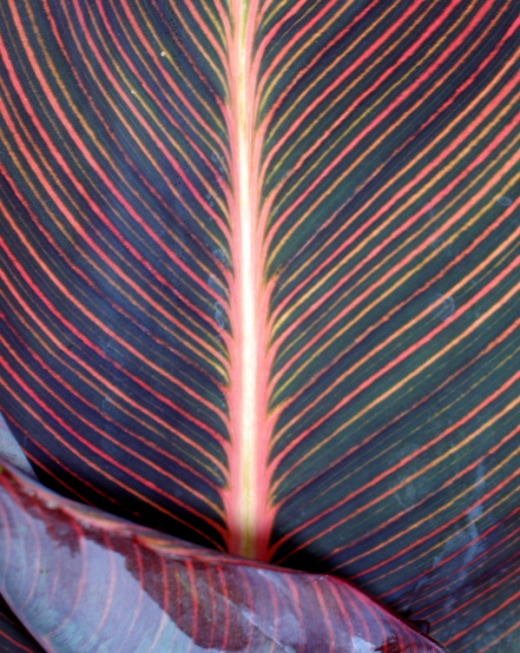A New Year's resolution
 Thursday, December 31, 2009 at 6:46PM
Thursday, December 31, 2009 at 6:46PM You are hungry. You have lots of work to do. You sit down at the table, and the cook brings the plate and sets it before you.
"What's this?" you gasp, as you look at the white china plate with three vitamin tablets in the middle.
"Here, wash them down with this," the cook says as he hands you a glass of blue liquid. "These megavitamins and energy drink have everything you need."
"But, but, but..." You cry, but the cook has already gone.
Now, imagine you are a starving plant, and the gardener sprays you with a high nitrogen fertilizer that also has phosphorus and potassium. It is said to be the best. It has all the nutrients a plant needs. Does it?
Plants need nitrogen, phosphorus, and potassium for photosynthesis (which converts carbon dioxide in the air to sugars and starches), for growth, and for the healthy development of leaves, flowers, seed, and fruit. Plants use large amounts of these nutrients, so soil is often lacking. Chemical fertilizers usually supply these minerals, and some may contain small amounts of other minerals such as iron or magnesium.
However, the list of soil minerals needed for growth and disease resistance also includes: calcium, sulfur, boron, copper, chlorine, zinc, and molybdenum. The fact is that chemical fertilizers, while they may work quickly, often contain too much nitrogen and little or none of the other important nutrients.
Organisms that make up natural fertilizers inherently contain large amounts of the minerals that plants need. In my last two posts, "Down in the dirt" and "How I spent my Christmas making mortar", I explained how compost and natural fertilizers improve soil structure and promote the normal ecosystem of underground organisms. Artificial chemicals are not able to do this and, in fact, can destroy the natural order that plants depend upon for life and growth.
So here is my New Year's resolution, in which I hope you will join me: I confess I have sometimes grabbed that blue chemical to give my plants a boost, but no more. I resolve to always feed my plants natural, healthy food. I know in my yard all the creatures of the underworld are going to party tonight.
Here are a few images taken of my yard, the last day of 2009.
the side yard, early morning
the parking court out front
looking across the front lawn, late afternoon
Night is falling.Goodbye 2009. Happy New Year!
Wishing all of you the best - Deborah
Reader Comments (8)
I have tried to be much more organic about what I feed my plants. Compost has made all the difference to my gareden. I hope more people will join in the organic fertilizer route.
Thanks for sharing such pretty pictures of your garden. It has so much going on in it now!
Have a very happy new year!!
I'm not very good with the organic fertilizers - its so much easier to open up that packet and sprinkle a little - you've certainly been giving me food for thought in your past few postings. Have a good new year.
Rosie
I've used fish and seaweed liquid fertilizer for many years, and plants love it. It's great when plants need a little extra boost. I spray it on sometimes to foliar feed. At weak concentrations it doesn't burn, and supplies all sorts of nutrients that aren't in the "blue" powder.
Very interesting and informative post. I tend to use fertilizers mostly in my container plantings. I rarely use it in the garden though.
I have been enjoying your posts! We have been having a company come out to take care of our lawn (not flower beds) for fertilizing, pesticides, etc. I told my husband that I want to give it a try and stop paying them each month. I may have bitten off more than I can chew...however, I would like to try to "naturally" help our lawn look better. Enjoyed your post and it got me motivated to give it a go... -Amy
Happy New Year, Deborah
I never use "artificial" fertilizers in my garden, probably becaue I was brought up on a farm and "natural" fertilizer was free (those horse really produce,lol).
I do use fish fertilizer for my containers, it really reeks, but does a great job.
What a lovely garden you have Deb! I agree that composting is the way to go. We have two composters and I've been using them for years, topping them up continually with green kitchen scraps, old horse manure and garden refuse. We need a lot because the garden is active year round here. Thanks for your visit to my plot! Sharon.
Lovely photos and informative post. Food for thought. Your yard is very lovely even in December. Happy new year!